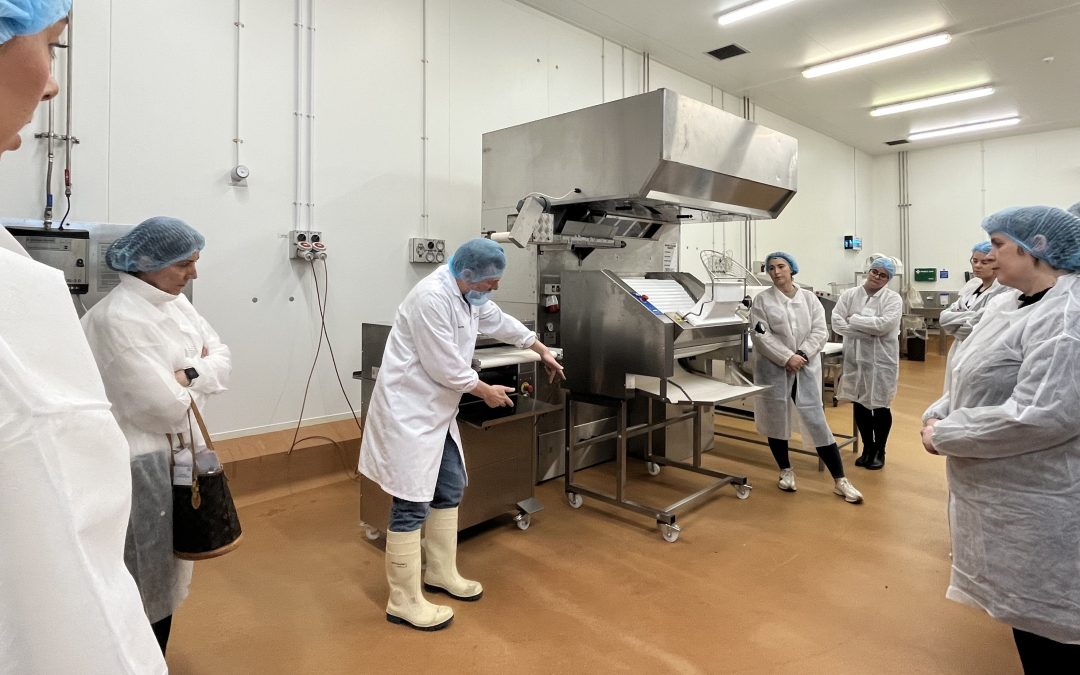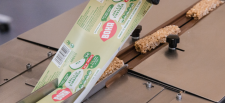The interactive ‘Food – a fact of life‘ conference took place in November at the College of Agriculture, Food and Rural Enterprise (CAFRE) Loughry Campus, Cookstown, Northern Ireland, with 50 teachers participating in the event.
The event covered several topics such as food waste, sustainability and innovation, nutrition and food provenance. It aimed to equip teachers with resources and techniques to take back to their classrooms, engaging children to learn about food and farming.
Organised by the Agriculture and Horticulture Development Board (AHDB) and the British Nutrition Foundation (BNF) in collaboration with CAFRE, the conference highlighted a range of curriculum-linked resources available on the ‘Food – a fact of life’ website. AHDB has described it as a ‘one-stop-shop’ designed for teachers of children aged three up to age 16 and provides curriculum-relevant resources and teacher training.
Elsa Healey, senior education manager at AHDB, said: “It was great to see the passion and enthusiasm from the teachers who really enjoyed the interactive activities and were keen to learn more about the food industry. Events like this are a terrific way to help support teachers to inspire the next generation and cultivate future food experts in Northern Ireland.”
Liz Simpson, a member of CAFRE’s Schools Engagement Team, added: “CAFRE were delighted to collaborate with the ‘Food – a fact of life‘ Education Support Team and have the opportunity to inspire ‘food influencers’.
“The interactive nature of the conference was an excellent way to show what CAFRE has to offer school leavers interested in further and higher studies in food. The workshops have been very well received, with teachers glad to have novel ideas that they can take back to the classroom.”
Frances Meek, BNF education services manager, said: “Food teachers are supporting future generations to be informed consumers, so it’s vital they have access to the latest evidence-based information and skills to pass on. It was great to have this opportunity to meet with teachers in person and to do hands-on, practical work that they can take back to their schools.”









